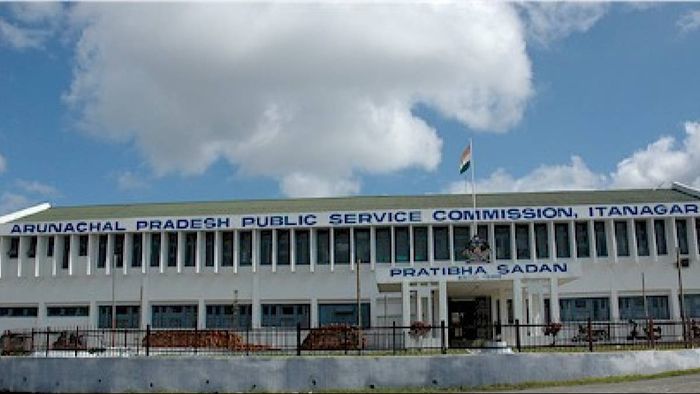Arunachal government approves sweeping changes including syllabi amendments for APPSCCE examination
Among the key revisions approved by the cabinet, the incorporation of topics pertinent to Arunachal Pradesh in both preliminary and main APPSCC examinations stands out.

- Mar 03, 2024,
- Updated Mar 03, 2024, 10:47 AM IST
To enhance the effectiveness and inclusivity of the Arunachal Pradesh Public Service Combined Competitive Examination (APPSCCE), the state government has given its nod to amend the syllabi for the APPSCCE Rule-2019. The decision, ratified during a meeting chaired by Chief Minister Pema Khandu, encompasses crucial alterations aimed at better aligning the examination process with the state's socio-cultural fabric.
Among the key revisions approved by the cabinet, the incorporation of topics pertinent to Arunachal Pradesh in both preliminary and main APPSCC examinations stands out. This strategic adjustment aims to ensure that aspirants are well-versed in local issues, thereby fostering a deeper understanding of the state's dynamics among prospective civil servants.
In a concurrent move, the cabinet also greenlit the appointment of members to the Arunachal Pradesh Public Service Commission, signifying a commitment to bolstering the administrative apparatus of the state.
Furthermore, in a bid to preserve and promote indigenous languages and dialects, the state cabinet has sanctioned the inclusion of 23 local languages and dialects of constitutionally notified tribes of Arunachal as the third language in the state.
In an endeavor to address pressing healthcare needs, the cabinet has approved the framing of recruitment rules for various healthcare positions, including joint directors of nursing and laboratory technicians. Additionally, the creation of faculty positions at the Tomo Riba Institute of Health & Medical Sciences (TRIHMS) aims to bolster medical education and healthcare delivery in the state.
Acknowledging the invaluable contributions of distinguished personalities towards socioeconomic development, the cabinet has sanctioned the renaming of several government institutions and landmarks. These include educational institutions, healthcare facilities and roads, reverentially christened after individuals who have left an indelible mark on their respective domains.
In a bid to augment infrastructure and connectivity, the cabinet has approved the establishment of highway circles and divisions, along with the creation of posts for gaon burahs (GB) and head gaon burahs (HGB). These initiatives underscore the government's commitment to enhancing transportation networks and grassroots governance mechanisms across the state.